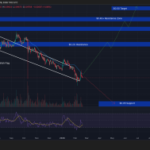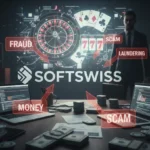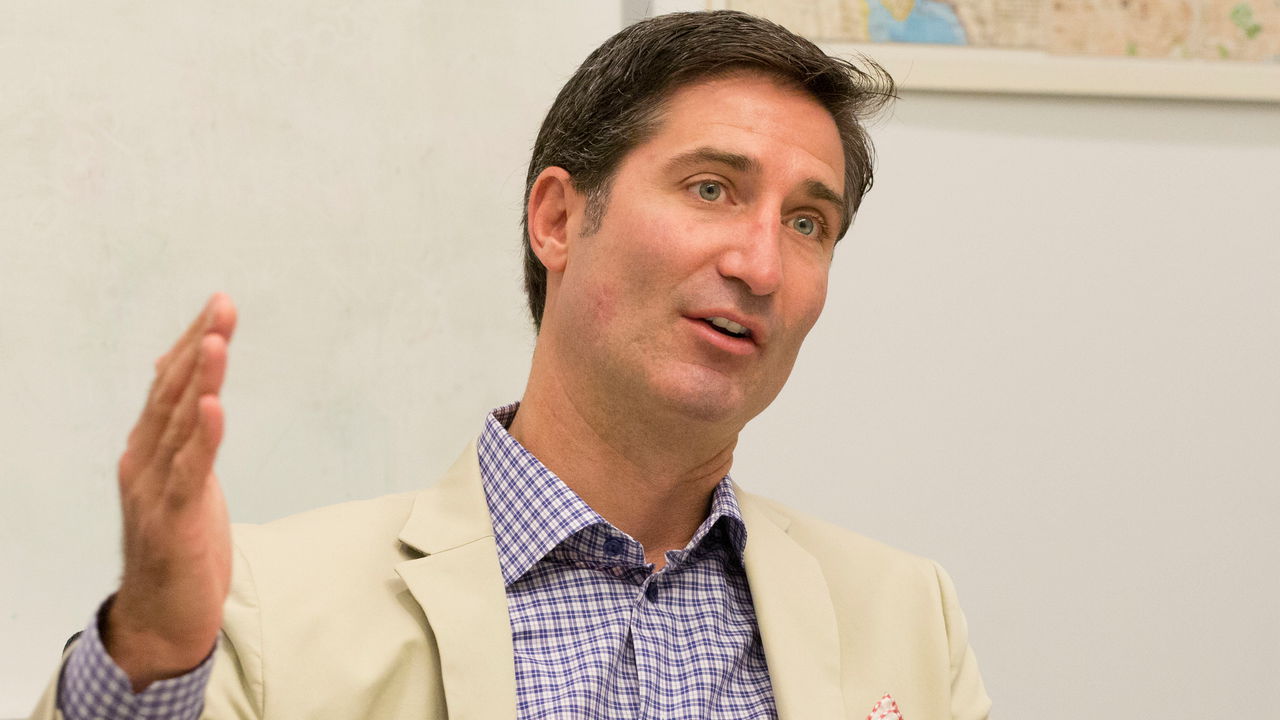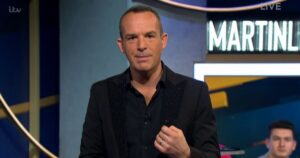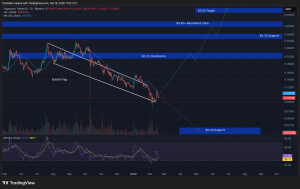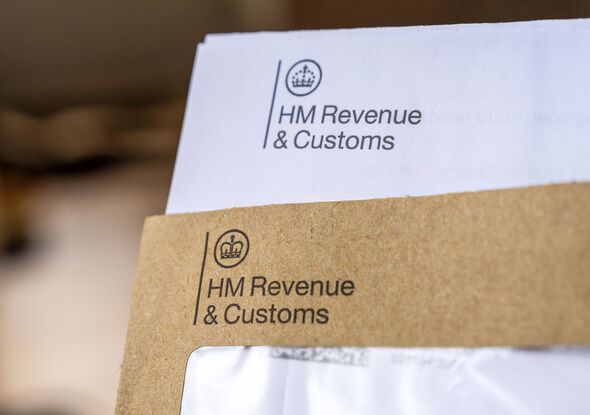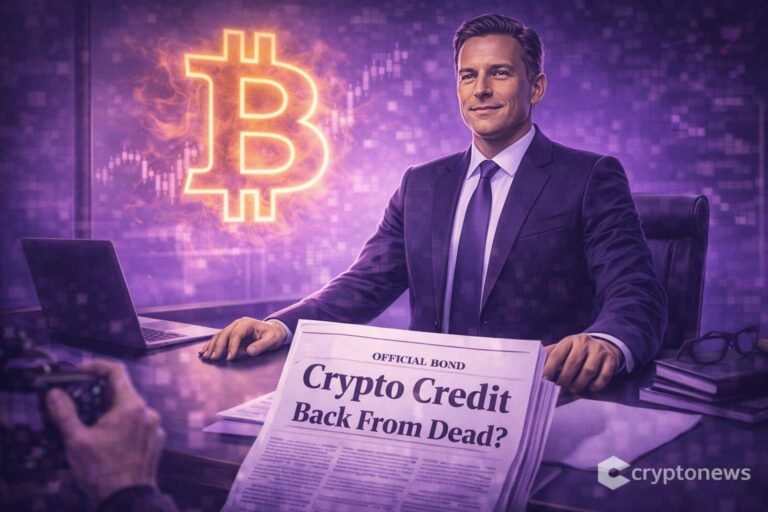
BRIAN NICCOL, the square-jawed, blue-eyed boss of Chipotle Mexican Grill, a chain of fast-food restaurants, presents himself as an everyday, all-American family man. His daily routine begins with a 6am wake-up and work-out. He takes his daughter to school. And then he drives ten minutes from his home in Newport Beach, California, to the office. He claims he finishes work by 6pm to walk the dog, make dinner with his wife and turn in early.
When Mr Niccol takes over as chief executive of Starbucks on September 9th life will become a lot less simple. His new office in Seattle will be 1,000 miles from his home. He will commute by private jet. He won’t make the trip every day. But when he does, it will be a six-hour round trip.
Mr Niccol’s new working arrangements have caused trouble, and not just for his family life. Starbucks makes a lot of its green credentials. Consumers struggling as the paper straws in their iced lattes disintegrate may wonder about the new boss’s carbon footprint. His salary—a base of $1.6m, a performance bonus of as much as $7.2m and up to $23m a year of Starbucks shares—has also attracted criticism.
Yet a new approach at Starbucks is needed. Sales in America, the group’s main market, slowed under the leadership of Laxman Narasimhan, a former management consultant who lasted less than 18 months in the job. The board hopes his replacement will turn Starbucks’s fortunes around as he has done elsewhere. After Mr Niccol’s appointment was announced on August 13th, shares in the coffee chain jumped nearly 20%. “There is a certain messianic halo on Brian Niccol,” says Jeffrey Sonnenfeld of Yale University’s School of Management, who has hosted Mr Niccol at conferences. “But it is actually deserved.”
Mr Niccol studied at Ohio’s Miami University and the University of Chicago’s Booth School of Business. He began his career at Procter & Gamble (P&G), the world’s biggest consumer-products firm. Craig Cappozzo, who hired Mr Niccol as an intern and worked with him for almost a decade at P&G, says he was “always at the front of the class”. Other former colleagues describe him as a “beast”.
Mr Niccol’s experience in the restaurant industry is the biggest draw for Starbucks. He did stints at Pizza Hut and Taco Bell, both owned by Yum! Brands, before making his name at Chipotle. While he was speaking to recruiters about the top job, he made regular visits to the burrito chain. He took Chipotle’s founder, Steve Ells, along too. He noticed that even as lots of customers were coming through the doors, the lines were moving slowly. When he took over in 2018 he revamped stores so customers who ordered online could collect their food from grab-and-go shelves inside outlets or via drive-through “Chipotlanes”. A second kitchen was set up in the back of every outlet, with its own staff to deal only with online orders.
The bigger challenge for Mr Niccol concerned Chipotle’s reputation. Despite the company spending $150m a year on marketing, Chipotle had failed to bounce back from a series of food poisoning outbreaks in 2015. Mr Niccol launched a new campaign, “For Real”, that made much of the group’s commitment to fresh meals. A full ingredients list was made public. Staff began carrying that information around in a pocket guide. “Now they know to taste the food they’re cooking,” Mr Niccol explained in the Harvard Business Review, “to make sure there’s enough salt in the rice and not too much cilantro in the guacamole.”
During his six-year tenure, Chipotle’s sales doubled, reaching some $10bn in the 2023 financial year. Chipotle has been the eighth-best performing company in the S&P 500 index over that period. The burrito giant is now one of the most liked food brands on TikTok too.
Will he be able to replicate that performance at the world’s biggest coffee chain? In recent days he has again been spending time in their coffee shops and chatting to customers, according to a spokesperson for the company.
Some of the battles Mr Niccol faces will be familiar. It isn’t just that, as did Chipotle, Starbucks needs an overhaul. Any new chief executive will also need to get to know the firm’s three-time chief executive, Howard Schultz, who looms large over the business, just as Mr Ells does at Chipotle.
But Starbucks is on a different scale. It has almost 40,000 outlets to Chipotle’s 3,500-odd. It is also global. Boycotts linked to the Israel-Hamas war have affected franchise operators in the Middle East. And sales in China, its second-biggest market, are in decline as the economy cools and local competition heats up. With so much to do, and a long commute on top of it all, it looks as if Mr Niccol’s cosy family time and early nights are over. ■


